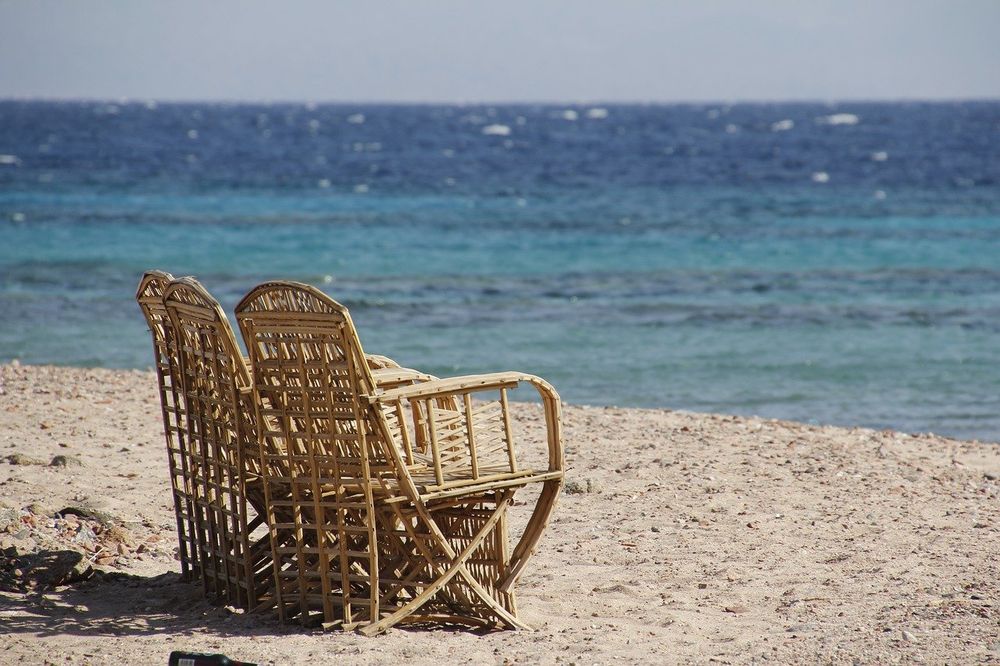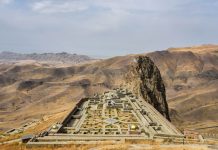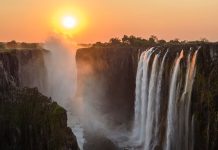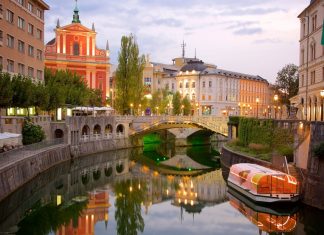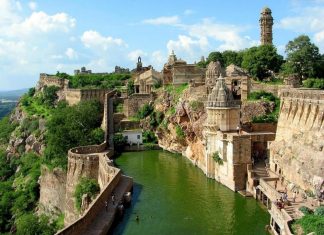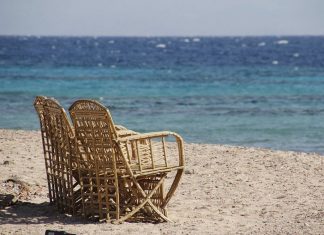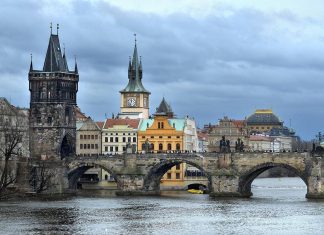Occupying a space little larger than England , Tunisia’ s unique geographical location has been worth its weight in gold – formerly as a military stronghold overlooking the Mediterranean , and today as a booming tourist destination. Tunisia has it all – a rich and eclectic culture, beaches, mountains and deserts and wonderful weather.
With a Mediterranean climate, a modern and increasingly affluent population, and a tourist industry that caters to senior sun-seekers, family package tours and adventurous back-packers, it is little surprise that Tunisia is one of Africa’ s top tourist destinations. Where else can you spend the morning exploring ancient souks and mosques and the afternoon relaxing on the shores of the Mediterranean Sea ?
If you can tear yourself away from the endlessly sandy beaches and venture inland you will find a country that seems much larger than its boundaries. The cork forests and rural hamlets of the Mejerda Valley and the citrus groves and vineyards of Cap Bon are reminders that Europe , and more specifically Sicily , is only a 100km strip of water away. To the west, the last vestiges of the Atlas mountain chain, which starts in Morocco , finally peter out into the flat, arid landscapes of southern Tunisia – shimmering salt lakes, date palm oases and the rolling sand dunes of the Sahara .
Such geographical variety leaves the active visitor spoilt for choice. There’s wild boar hunting in the north, sea fishing and scuba diving along the east coast, and no less than eight professional golf courses around Carthage , Djerba and Monastir.
Tunisia is also home to a pioneering health treatment called thalassotherapy. Ten professional centers all housed within luxury hotels, offer this treatment, which involves a combination of seawater massage and physiotherapy, and has been particularly effective for sufferers of rheumatism, arthritis and stress.
Tunisia has a booming movie business. As well as providing a sensational desert backdrop for Star Wars, The Life of Brian and Zeffirelli’s Jesus of Nazareth, Tunisia has its own highly influential film industry. The biennial Carthage Film Festival showcases the best African and Middle Eastern films – art house and commercial.
At the northernmost tip of Africa , this liberal-minded and peaceful country has, over the last 3,000 years, been constantly’ in the wars’. Fortunately the ancient warriors, dictators and imperialists that fought over Tunisia are long gone, and what remains of the Punic, Roman, Moorish, Arab, and Ottoman empires is a glorious pic’n’mix of Roman amphitheatres, Turkish mosques, Byzantine churches, and Arabic souks. There are some fantastic heritage sites to visit.
Tourism is big business along the coast and you will find resorts spread along the shores in all directions. Towns are an eclectic mixture of oldfashioned souk and modern resort – there’s plenty to do here for everyone. Tunisian cuisine is a delicious mixture of the Mediterranean diet and the North African, with lamb being a big favourite. Wine is also locally made and very good.

